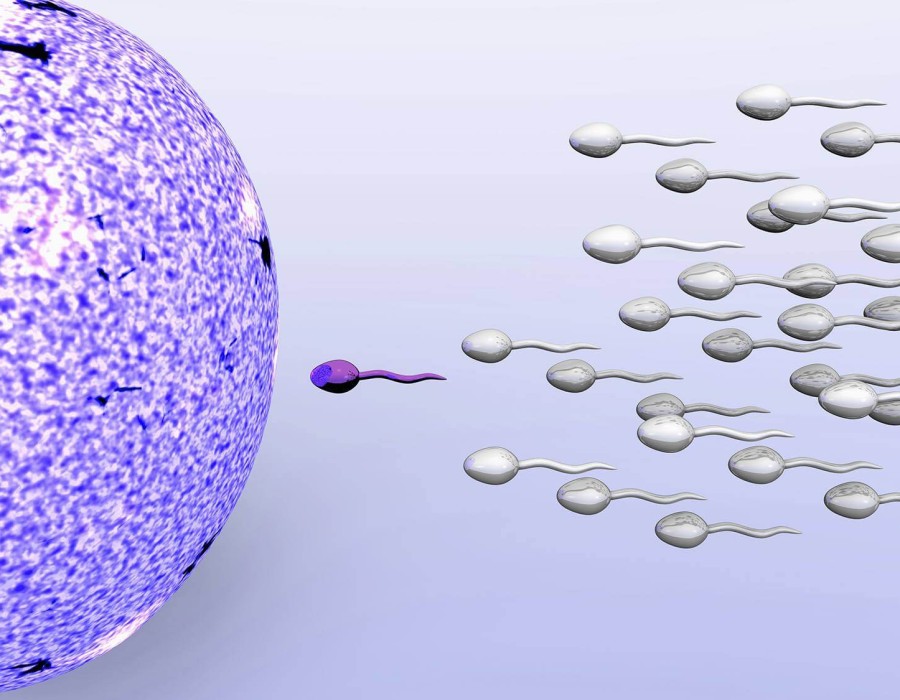Infertility can be caused by various factors, both in men and women, and many of these causes can be addressed through treatment. Some potential causes of infertility that can be treated include:
1. Ovulation Disorders : Irregular or absent ovulation can contribute to infertility in women. Conditions such as polycystic ovary syndrome (PCOS), hypothalamic dysfunction, and thyroid disorders can disrupt ovulation. Treatment options may include lifestyle changes, medication (such as clomiphene citrate or letrozole), or assisted reproductive technologies (ART) like in vitro fertilization (IVF).
2. Tubal Factors : Blocked or damaged fallopian tubes can prevent the egg from traveling from the ovary to the uterus, leading to Infertility Treatment options may include surgical procedures to repair or unblock the fallopian tubes, such as tubal reanastomosis or tubal cannulation, or ART procedures like IVF.
3. Uterine Factors : Abnormalities in the uterus, such as uterine fibroids, polyps, or adhesions (scar tissue), can interfere with implantation and pregnancy. Treatment options may include surgical removal of the uterine abnormalities or ART procedures like IVF.
4. Endometriosis : Endometriosis is a condition where tissue similar to the lining of the uterus grows outside the uterus, which can cause inflammation, scarring, and infertility. Treatment options may include medication (such as hormonal therapy or pain relievers), surgery to remove endometrial implants or adhesions, or ART procedures like IVF.
5. Male Factor Infertility : Male infertility can be caused by issues such as low sperm count, poor sperm motility, or abnormal sperm morphology. Treatment options may include lifestyle changes, medication (such as hormone therapy or antioxidants), surgical procedures (such as varicocele repair or sperm retrieval techniques), or ART procedures like intracytoplasmic sperm injection (ICSI).
6. Unexplained Infertility : In some cases, despite thorough testing, the cause of infertility may remain unknown. Treatment options may include empiric treatments such as ovulation induction, intrauterine insemination (IUI), or ART procedures like IVF.
7. Age-Related Infertility : Advanced maternal age can decrease ovarian reserve and increase the risk of infertility and miscarriage in women. Treatment options may include aggressive fertility treatments like IVF or the use of donor eggs.
8. Lifestyle Factors : Certain lifestyle factors such as obesity, smoking, excessive alcohol consumption, and exposure to environmental toxins can impact fertility in both men and women. Addressing these factors through lifestyle modifications can improve fertility outcomes.
9. Medical Conditions and Medications : Certain medical conditions (such as diabetes or autoimmune disorders) and medications (such as chemotherapy or certain antidepressants) can affect fertility. Treatment may involve managing the underlying condition or adjusting medication regimens to optimize fertility.
It’s important for individuals experiencing infertility to undergo a comprehensive evaluation by a fertility specialist to identify the underlying causes and develop a personalized treatment plan tailored to their specific needs and circumstances. With advances in reproductive medicine, many causes of infertility can be successfully treated, allowing individuals to achieve their goal of parenthood.





Comments